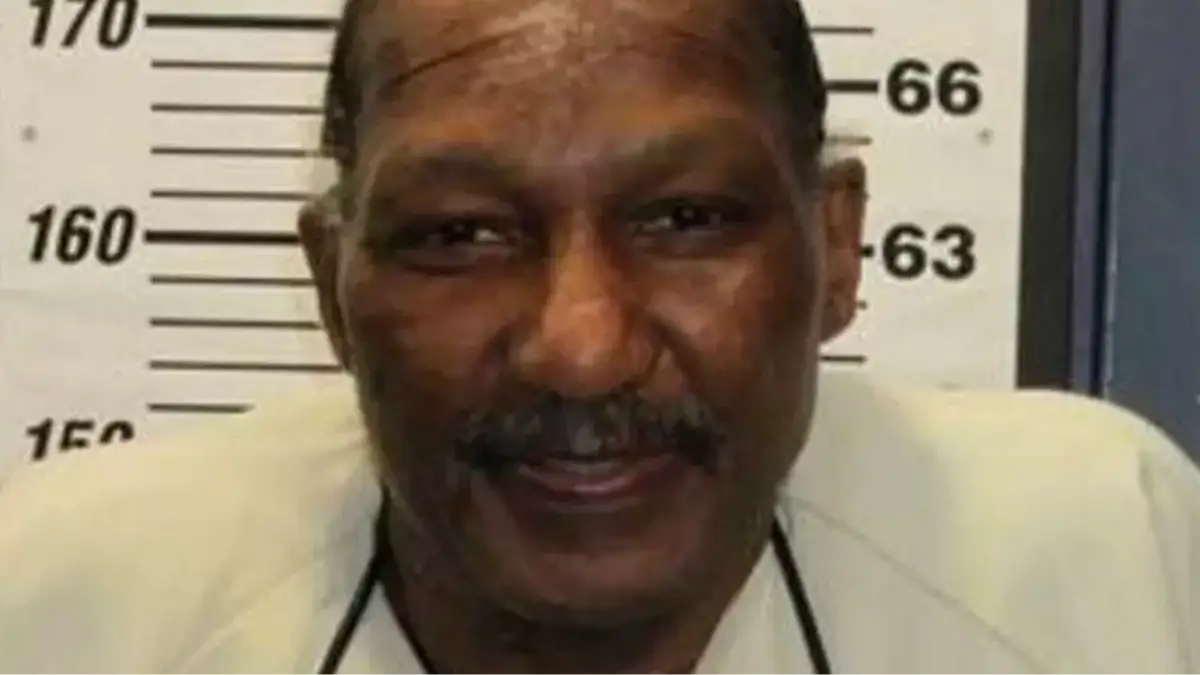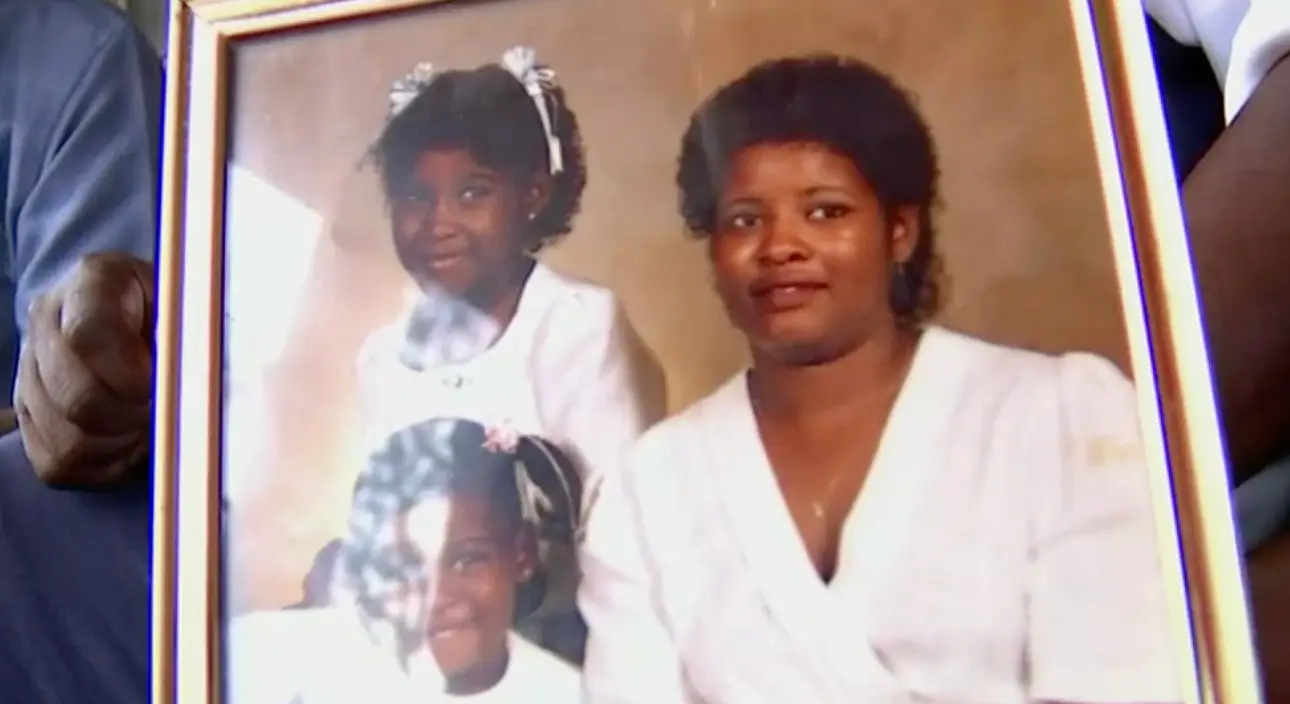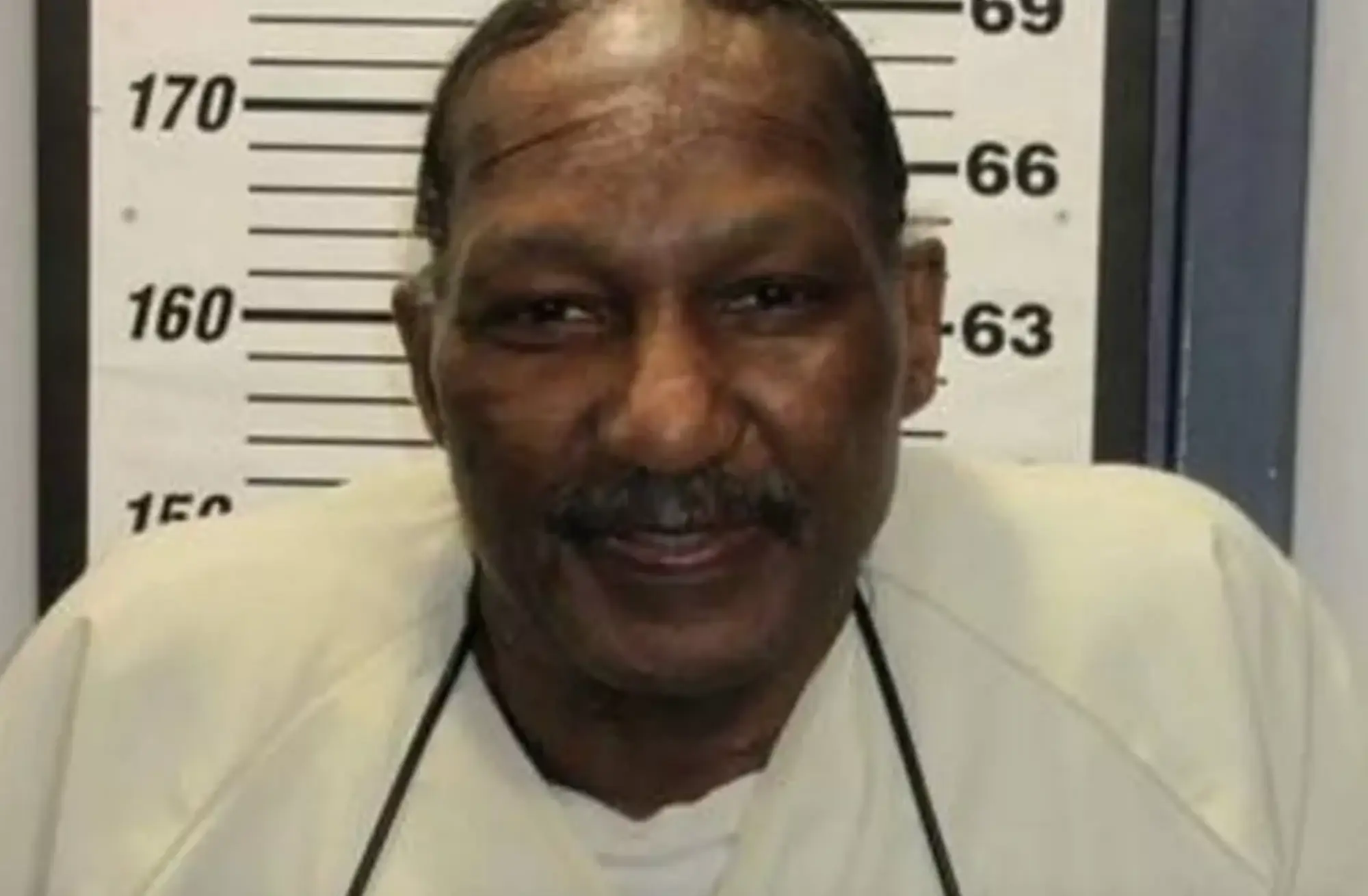
Lawyers of a death row inmate are trying to delay his execution after he committed a heinous crime in 1988.
Byron Black, 68, is scheduled to be executed on August 5 at the Riverbend Maximum Security Institution in Nashville, Tennessee.
He was handed the death sentence in 1989, after he murdered girlfriend Angela Clay and her daughters Latoya and Lakeisha while he was on work release for a previous crime, in which he shot and wounded Angela's ex husband.
Black was found guilty of all three counts of first-degree murder.
Advert
Ahead of his execution via lethal injection, Black's attorneys are arguing that he must be allowed to have his implanted defibrillation device, similar to a pacemaker, removed before the execution takes place.
According to his legal team, this must happen immediately before the injection is administered so not to impact his health beforehand.

If a judge agrees to the request, Black's execution could be delayed while the state works to find a medic who will agree to carry out the procedure - something that is believed to be a potentially difficult task.
Black was fitted with the device last year to manage congestive heart failure.
His attorneys argue that the device will repeatedly try to restart his heart, prolonging the execution and Black's suffering.
They believe that going ahead would violate his Eighth Amendment right against cruel and unusual punishment.

“Unless the ICD is properly deactivated at the moment of execution, Byron Black’s execution will be a gruesome spectacle,” Kelley Henry - one of the Nashville-based federal public defenders representing Black - said in a statement.
“The TDOC implanted this device and it now wants to torture Mr. Black to death as his heart restarts, prolonging the execution and increasing the likelihood of excruciating pain due to flash pulmonary edema.”
In addition, Black's attorneys are questioning if he is fit to be executed, claiming he suffers from brain damage, has an IQ of 67 and has been diagnosed with schizophrenia.

They have asked the Tennessee Supreme Court to seek a lower court to decide if he is eligible for execution.
However, in court documents, state attorneys wrote that the Tennessee Department of Corrections 'does not believe the Eighth Amendment necessitates any alternative plan or actions to carry out Mr. Black’s execution outside the processes described in the Protocol'.
A hearing is expected to take place to discuss the matters on July 14.
